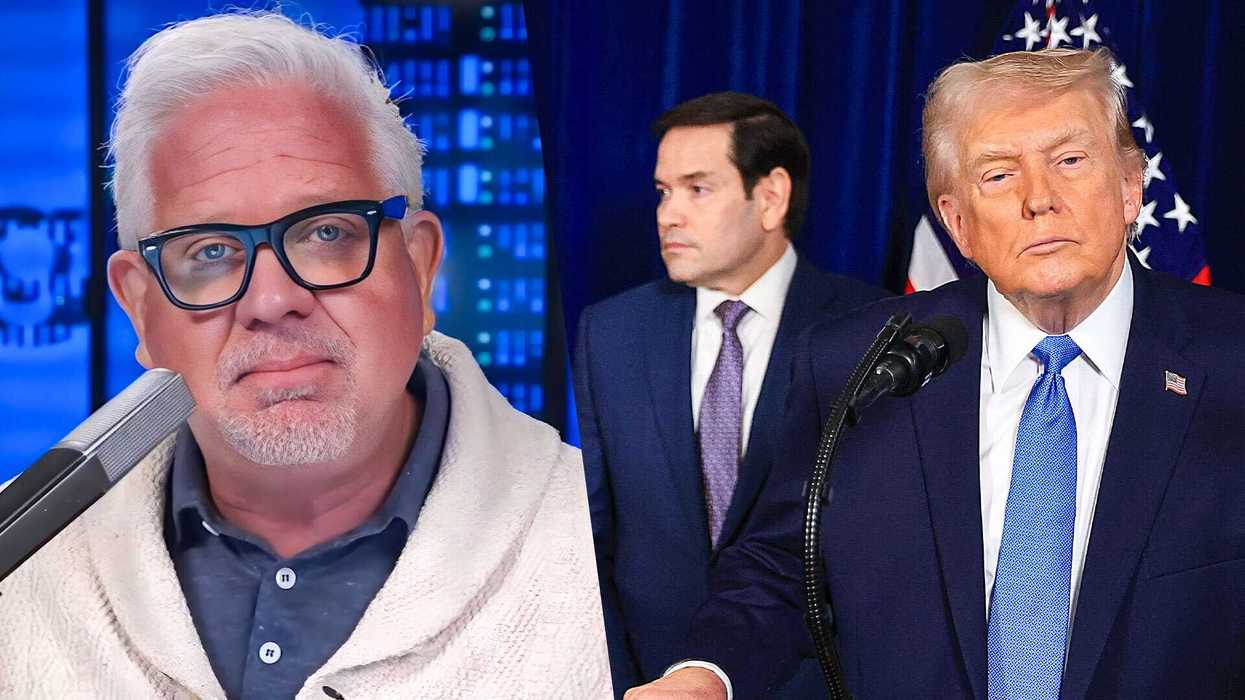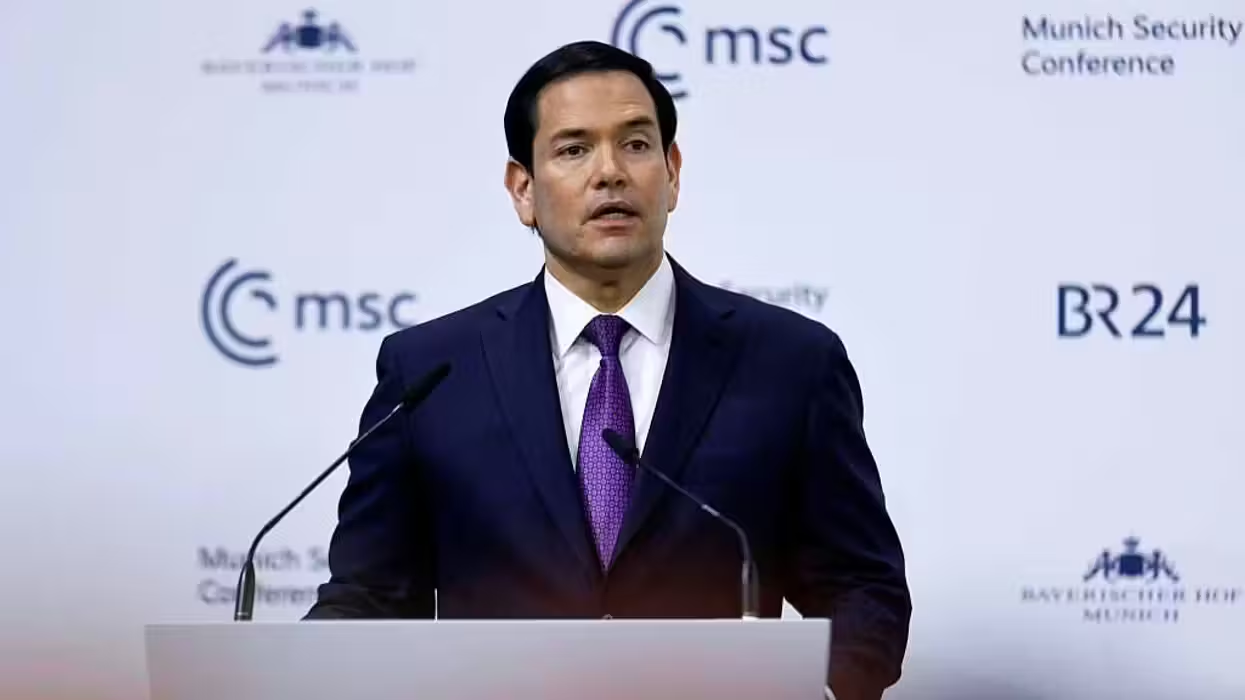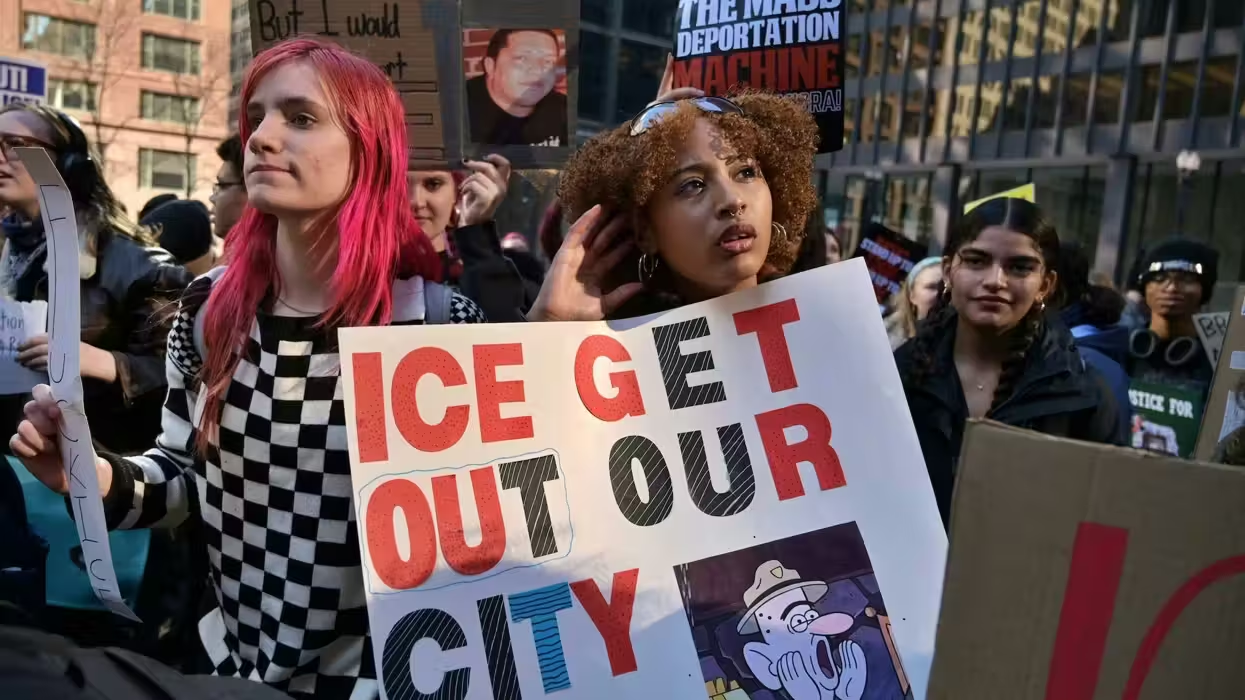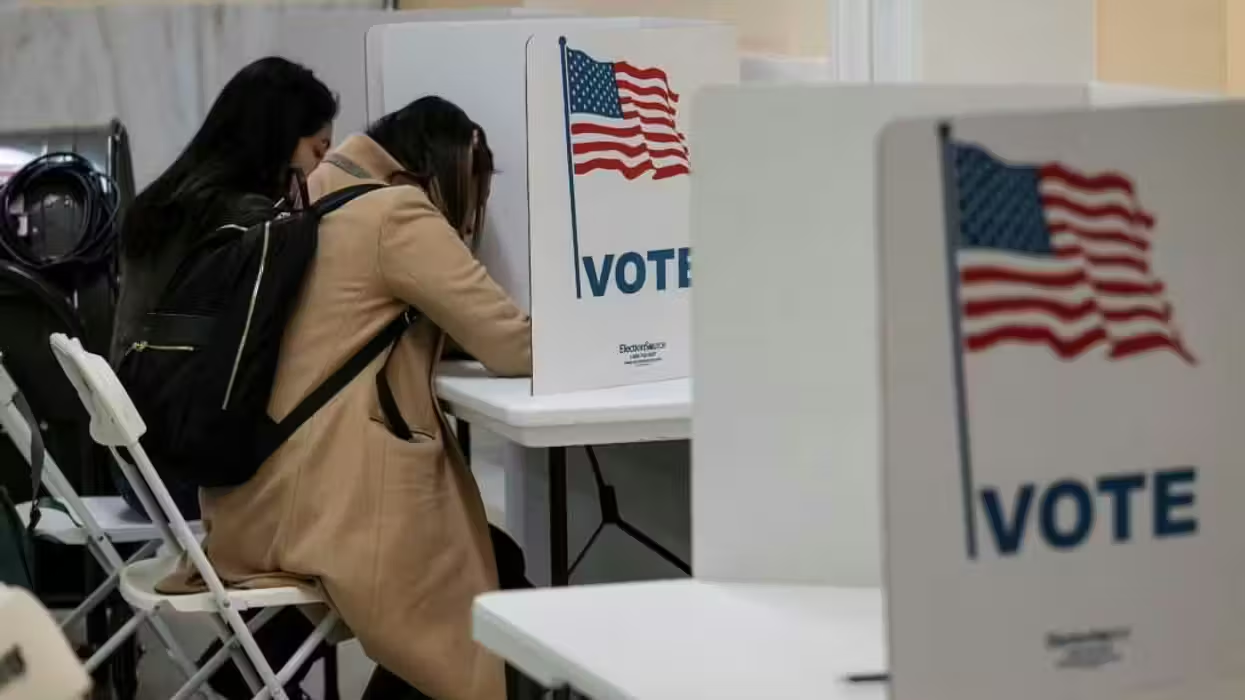
© 2026 Blaze Media LLC. All rights reserved.
"hundreds upon hundreds of weapons"
WASHINGTON (The Blaze/AP) -- Three federal firearms investigators told a House committee on Wednesday that they were repeatedly ordered to step aside while gun buyers in Arizona walked away with AK-47s and other high-powered weaponry headed for Mexican drug cartels in a risky U.S. law enforcement operation that went out of control.
Rep. Darrell Issa, R-Calif., said leaders of the Bureau of Alcohol, Tobacco, Firearms and Explosives were fully aware of the details of Operation Fast and Furious, which was designed to track small-time gun buyers to major weapons traffickers along the Southwest border.
Earlier today, Issa also leaked e-mails that showcase that the head of America's national firearms law enforcement agency was involved in the gun program as early as March 2010. The messages seemed to contradict previous claims that AFT did not actively sell to known criminals and that the agency worked to ensure that U.S. weapons did not end up in Mexico.
One of the e-mails that was sent on March 10, 2010 by the assistant special agent overseeing Phoenix field operations to the head of the “Fast and Furious” program, seems to corroborate this notion. It reads:
“Not sure if you know, but Mr. Melson [ATF acting director] and Mr. Hoover are being briefed weekly on this investigation and the recent success with [redacted] so they are both keenly interested in case updates.”
At a hearing before the Oversight and Government Reform Committee, which Issa chairs, Republican Sen. Chuck Grassley of Iowa said "hundreds upon hundreds of weapons" destined for cartels in Mexico were purchased in Arizona gun shops. Below, watch opening statements from today's hearing:
The operation was designed to respond to criticism that the agency had focused on small-time gun arrests while major traffickers eluded prosecution. Back in February, CBS News first covered the initiative, writing:
"Project Gunrunner" deployed new teams of agents to the southwest border. The idea: to stop the flow of weapons from the US to Mexico's drug cartels. But in practice, sources tell CBS News, ATF's actions had the opposite result: they allegedly facilitated the delivery of thousands of guns into criminal hands.
The Blaze also covered this story back in April. For a more concise understanding about the project's original intended goals, Newsmax writes:
The goal of the the controversial “Project Gunrunner” and “Operation Fast and Furious” programs was to use serial numbers on weapons sold to “straw purchasers,” who planned to resell the guns to the drug cartels, to trace the weapons after Mexican police apprehended them later at crime scenes.
Below, watch Sen. Grassley discuss his testimony at the hearing in an interview with FOX News:
Operation Fast and Furious came to light after two assault rifles purchased by a now-indicted small-time buyer under scrutiny in the operation turned up at the scene of a shootout in Arizona where Customs and Border Protection agent Brian Terry was killed.
"We ask that if a government official made a wrong decision that they admit their error and take responsibility for his or her actions," Robert Heyer, the slain agent's cousin, told the committee. "We hope that the Bureau of Alcohol, Tobacco and Firearms is forthcoming with all information" Congress is seeking.
Issa berated one witness, Assistant Attorney General Ronald Weich, because the Justice Department - of which ATF is a component - has not turned over documents that Issa wants. Weich said the department is providing documents to the congressional panel on an ongoing basis. The congressman demanded to know who at the Justice Department authorized Operation Fast and Furious. Weich said that question is the subject of an inquiry by the department's inspector general.
John Dodson, an ATF agent who complained about Fast and Furious to Grassley's office, told the committee that "although my instincts made me want to intervene and interdict these weapons, my supervisors directed me and my colleagues not to make any stop or arrest, but rather, to keep the straw purchaser under surveillance while allowing the guns to walk."
"Allowing loads of weapons that we knew to be destined for criminals - this was the plan," said Dodson. "It was so mandated."
In one case, Dodson said, he watched a suspect receive a bag filled with cash from a third party, then proceed to a gun dealer and buy weapons with that cash and deliver them to the same unidentified third party. In that and other circumstances, his instructions were to do nothing.
"Surveillance operations like this were the rule, not the exception," said Dodson. "This was not a matter of weapons getting away from us, or allowing a few to walk so as to follow them to a much larger or more significant target."
ATF agent Olindo James Casa said that "on several occasions I personally requested to interdict or seize firearms, but I was always ordered to stand down and not to seize the firearms."
"We were told to just fall in line," said Casa.
On many occasions, "the surveillance team followed straw purchasers to Phoenix area firearms dealers and would observe the straw purchasers buy and then depart with numerous firearms in hand," said Casa. "On many of those occasions, the surveillance team would then follow the straw purchasers either to a residence, a public location or until the surveillance team was spotted by the straw purchasers. But the end result was always the same - the surveillance was terminated" by others up the chain of command.
ATF agent Peter Forcelli said that "when I voiced surprise and concern with this tactic ... my concerns were dismissed" by superiors.
"To allow a gun to walk is idiotic," said Forcelli. "This was a catastrophic disaster."
Forcelli said that "based upon my conversations with agents who assisted in this case, surveillance on individuals who had acquired weapons was often terminated far from the Mexican border." He said that while case agents believed that the weapons were destined for Mexico, "the potential exists that many were sent with cartel drugs to other points within the United States.
Want to leave a tip?
We answer to you. Help keep our content free of advertisers and big tech censorship by leaving a tip today.
Want to join the conversation?
Already a subscriber?
Billy Hallowell is a digital TV host and interviewer for Faithwire and CBN News and the co-host of CBN’s "Quick Start Podcast."
Billy Hallowell
Billy Hallowell is a digital TV host and interviewer for Faithwire and CBN News and the co-host of CBN’s "Quick Start Podcast."
more stories
Sign up for the Blaze newsletter
By signing up, you agree to our Privacy Policy and Terms of Use, and agree to receive content that may sometimes include advertisements. You may opt out at any time.
Related Content
© 2026 Blaze Media LLC. All rights reserved.
Get the stories that matter most delivered directly to your inbox.
By signing up, you agree to our Privacy Policy and Terms of Use, and agree to receive content that may sometimes include advertisements. You may opt out at any time.






